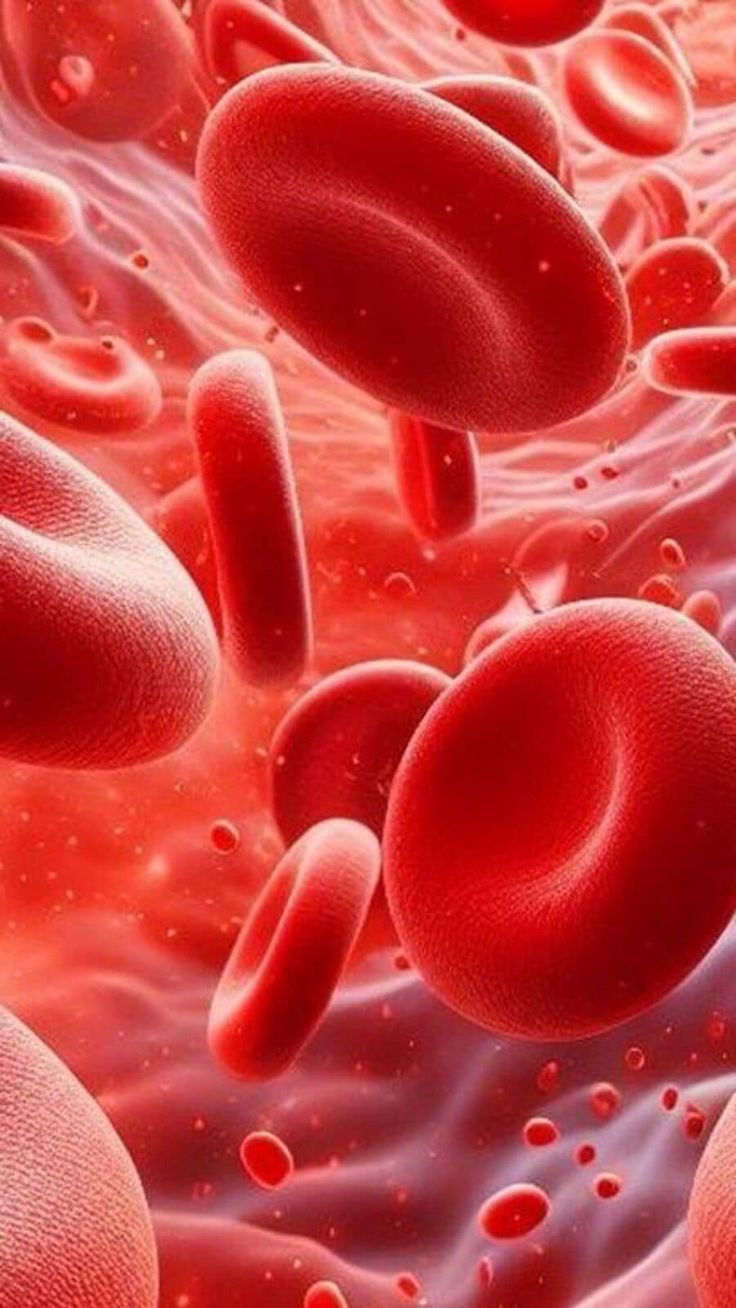
One of the questions I get asked often by parents of autistic children is how to potty train them or sometimes parents tell me they haven’t even tried yet, because they don’t think their child would understand/be able to potty train.
MY PERSONAL EXPERIENCE
When my son was two and a half years old, I decided he was old enough to get his nappies off and use the potty.
The “slight” issues was that he was still completely non verbal, I wasn’t sure how much he understood when we spoke to him and he was also extremely hyperactive.
I didn’t know he was autistic then, I just thought he was delayed, so I hired a private Speech and Language therapist. This lady was adamant my son was autistic (even though they are not qualified to diagnose) and told me flat out that it would not be possible to potty train him at this stage. She then insisted I buy a very expensive speech and language programme. I fired her immediately after that conversation: I don’t like negative and pushy people!
THE SOLUTION
I was really lucky: one of my friends had a son slightly older than mine and he too was non verbal and looking back, he had a lot of autistic-type behaviours. Yet his mother managed to potty train him, so that gave me courage.
Although my son couldn’t speak, he knew when it was time to change his nappy: he would take my hand and lead me upstairs and lie down on his changing mat, waiting for me to “do my thing”. If he could feel that, I reckoned it was time for him to get rid of the nappies!
I had potty trained my daughter using books, with pictures and stories to look at. My son hated books, he just ripped them up. He loved videos, though, and music. I found a three minute animation video on You Tube on potty training. It was the right length (he wouldn’t sit for more than three minutes!) and it was funny and engaging.
We would watch the video a couple of times a day, I would “casually” put it on and also put a potty in every room in the house, without forcing or asking him to do anything with it. It was just there.
BREAKTHROUGH
After a few days, he started to try and sit on the potty, imitating the character in the animation video. He still had his nappy on, but he was kind of “trying it for size”. I realised he didn’t like squatting, he found it uncomfortable.
Instead he started to go to the toilet!
I got one of those toilet rings for toddlers, so he wouldn’t fall in, he jumped on it and the look on his face when he did his first pipi without his nappy was priceless! The whole process lasted about one week.
YOUR TAKEAWAY FROM MY STORY
1-watch your child’s behaviour when he needs to be changed: does he feel uncomfortable? Does he know he is wet/dirty? If he does, he is ready for the potty!
2-wait until the summer months to potty train: you can let your child walk around the house with no pants or nappy, so they can notice what happens when they need a pipi or a poo and there is no “safety net”. Do not do this if you know that your child tends to play with poo, if left unsupervised.
3-work with your child’s strengths: how does your child learn things? Is your child a visual learner? Use videos. Does he like stories? Use books. Does he need to physically touch objects? Give him a potty to examine, play with, familiarise with.
4-do not get discouraged. Be patient and don’t give up.
FOR MORE INFORMATION ON MY TRANSFORMATIVE AUTISM TREATMENT, CLICK HERE
TO BOOK A FREE BREAKTHROUGH CALL WITH ME, CLICK HERE
5G ADHD alternative medicine; asthma; autism autism; autoimmune black opal; boys candida; chemical exposure corona virus corona virus; depression detox diabesity diabesity; diabetes
diabetes; diet eczema; flu; gemstone remedies; gemstones; glasgow glyphosate gut-brain connection hashimoto; holistic homeopathy homeopathy;
hypothyroidism; IBS immune system leaky gut lockdown multiple chemical sensitivities nutrition potty training puberty skin issues; sleep supplements thyroid; tinnitus




No spam, notifications only about helpful homeopathy tips, homeopathy courses and new products!

HOMOTOXICOLOGY IS THE EVOLUTION OF HOMEOPATHY Homotoxicology is the study of what toxins do to the human body. This discipline was invented by Dr. Reckeweg

WHAT IS HOMOTOXICOLOGY AND HOW DOES IT WORK? Homotoxicology is the branch of medicine that seeks to identify the toxins in the body, then aid

IS HOMEOPATHY EQUALLY EFFECTIVE WHILE ON MEDICATION? A CASE OF EPILEPSY This is a bone of contention among homeopaths: I know some homeopaths who will

HOW HOMEOPATHY CAN HELP TO REGULATE BLOOD SUGAR LEVELS This is really exciting. As a homeopath, I know there are remedies that work to balance